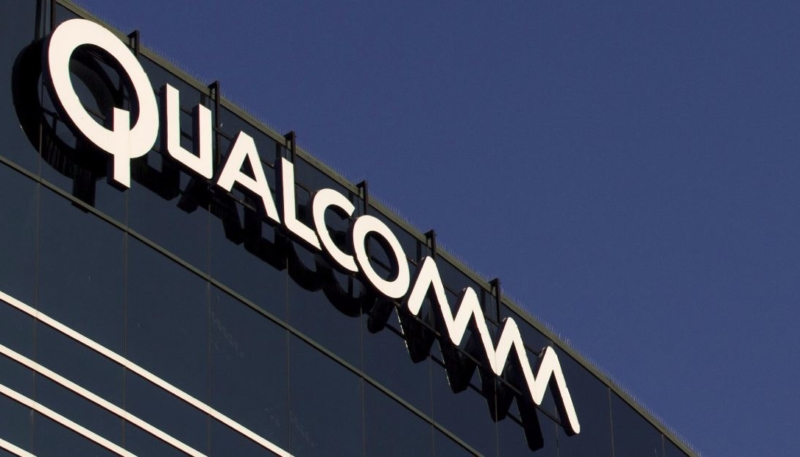Sure, Apple and Qualcomm are locked in a bitter legal battle over royalty and licensing fees that has been going on for two years. However, there may be other factors in the breakup of the working relationship between the two.
Bloomberg says they’ve seen emails between Apple COO Jeff Williams and Qualcomm CEO Steve Mollenkopf that suggest the two companies might have split over software access and Qualcomm’s fears that Apple would leak software to other firms.
In a bid to keep Qualcomm supplying modems for a portion of Apple’s 2018 iPhones, Williams dismissed the licensing dispute to focus on the potential benefits of the two companies continuing to work together.
Williams said Apple would not leak key Qualcomm computer code needed to customize modem chips — something the chipmaker had accused the iPhone maker of doing. The chief operating officer offered to “firewall” engineers using the software.
“In my wildest imagination of some evil intention of Apple, I have trouble coming up with a real scenario where anything of significant value could be leaked based on this code,” Williams wrote in September 2017.
“I just hope the licensing dispute doesn’t cloud good judgment in the team on a massive business opportunity,” he added, noting that Apple planned to order about $2 billion worth of chips from Qualcomm for 2018. “I was hoping to keep some decent quantity of business flowing with hopes that the licensing stuff will get solved.”
Qualcomm in September 2018 accused Apple of stealing trade secrets and other confidential information and passing it on to Intel.
The reveal comes from Williams’ testimony in the Federal Trade Commission’s antitrust case against Qualcomm. The FTC is accusing the firm of using exorbitant licensing fees and anticompetitive tactics in a bid to remain the dominant baseband chip supplier.


